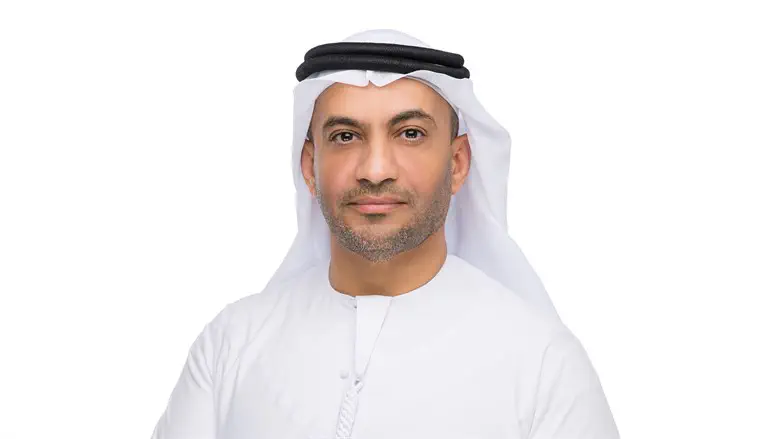
I have recently followed a number of commentaries and opinion pieces responding to Iranian Foreign Minister Hossein Amir Abdollahian’s call for a comprehensive regional dialogue involving Saudi Arabia, Egypt, Iran, and Turkey to resolve the problems in the Middle East.
Frankly, the call for dialogue is in itself an important positive step.
But what is striking is the content of the call. It is based on outdated data and perspectives and reflects different perceptions of the current strategic reality. No one disputes the value and status of the major regional powers, their role and importance in achieving security and stability, and the need to communicate with each other to achieve this important goal.
But what can be called a congress, an end to tensions, a settlement of disputes and an overcoming of differences cannot be achieved by the will of some powers, but not by the will of others, provided it is feasible.
Far from questioning the intentions and seriousness of the proposal, it seems to me that the call for a dialogue between the powers portrayed in the media as major players in solving the region’s problems carries within it the gene for its failure.
Proof of this is the fate of all previous calls, all of which were born out of marginalization or exclusion, or out of a calculus that discriminates against the countries of the region on the basis of their strategic weight, status, history, role, or even interference in the affairs of others. So many calculations that, from the beginning of the call, sow the seeds of its own demise.
Dialogue must be based on an accurate understanding of the context and strategic environment at the regional and international levels, and at least name or address the objectives. In this particular case, the dialogue seems to be linked to a firm belief on the Iranian side that the role of the most influential international power in our region (the US) is dwindling or falling down.
This is a view that should not be seen as an obstacle to dialogue. But it is very important to understand the political motivations behind such a call. The role allocation that assumes an existing or impending strategic vacuum is based on a false premise: the expansion of regional powers at the expense of others.
Effective and genuine dialogue takes place between all parties involved or their representatives, e.g., through representation in a regional organization or bloc like the EU that can talk with others about European interests, at least in the economic sphere. And even this common European role is not always effective, given the different views and interests of member states in foreign policy.
The decision to choose specific parties to discuss the issues of the region and stability is decidedly a selective one. The issue is not so much the countries selected, but the fact that the selection is based on a haughty marginalist view.
It is no secret that the Iranian regime considers most of its neighboring countries inferior. Some of its “wings” even claim that some of these countries are under Iran’s control. In my opinion, any sincere and genuine call for dialogue must start from an objective and open view of the current geostrategic and geopolitical reality.
Take Israel, for example, when it comes to achieving regional security and stability. Can anyone tell me how you can talk about regional security when you exclude an active and influential regional party like Israel, regardless of the state and nature of relations between it and other regional parties?
Another example: How can you talk about the stability of Iraq or Syria without considering these two countries, with their strategic status and weight, regardless of their current position? How can one neglect the emerging regional powers that have an undeniable influence and can play a role that they could not have played decades ago?
Dialogue itself is a healthy mechanism that has always underpinned international relations. But role reduction and ignoring the current strategic reality of power in its diverse spectrum are no guarantee of building solid objective equations that contribute to achieving security and stability.
After all, role reduction due to changing priorities and interests is not limited to specific great powers. As such, there is a global need today to develop a balanced objective view to understand international and regional realities before proposing initiatives or ideas to resolve crises.
Most importantly, the Iranian region-wide initiative calls on Arab countries to think proactively about the next phase, in a different way from how things went down in the last decade.
This is the task of Arab studies and research circles as well as elites - to reflect on what regional realities lie ahead and ways to address Arab crises, whether with the participation of other regional parties or through cross-Arab bodies.
Dr. Salem AlKetbi is a UAE political analyst and former Federal National Council candidate